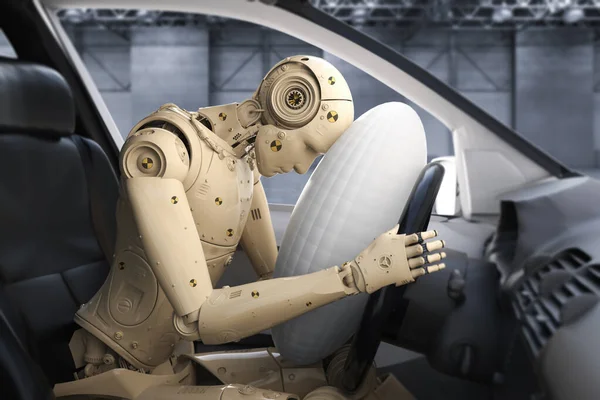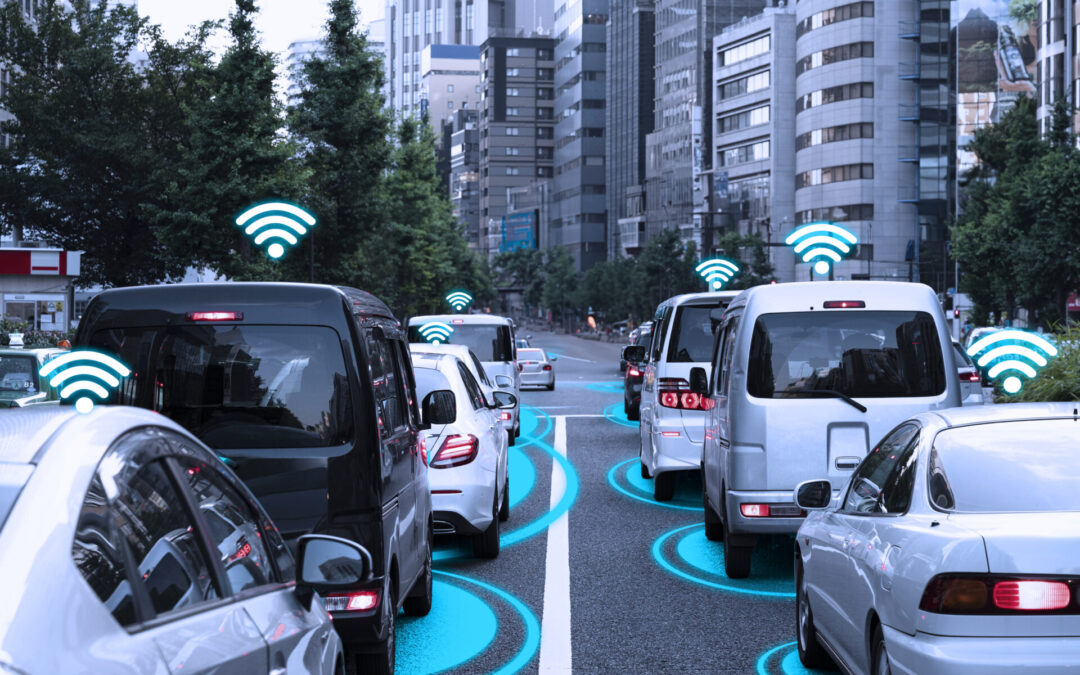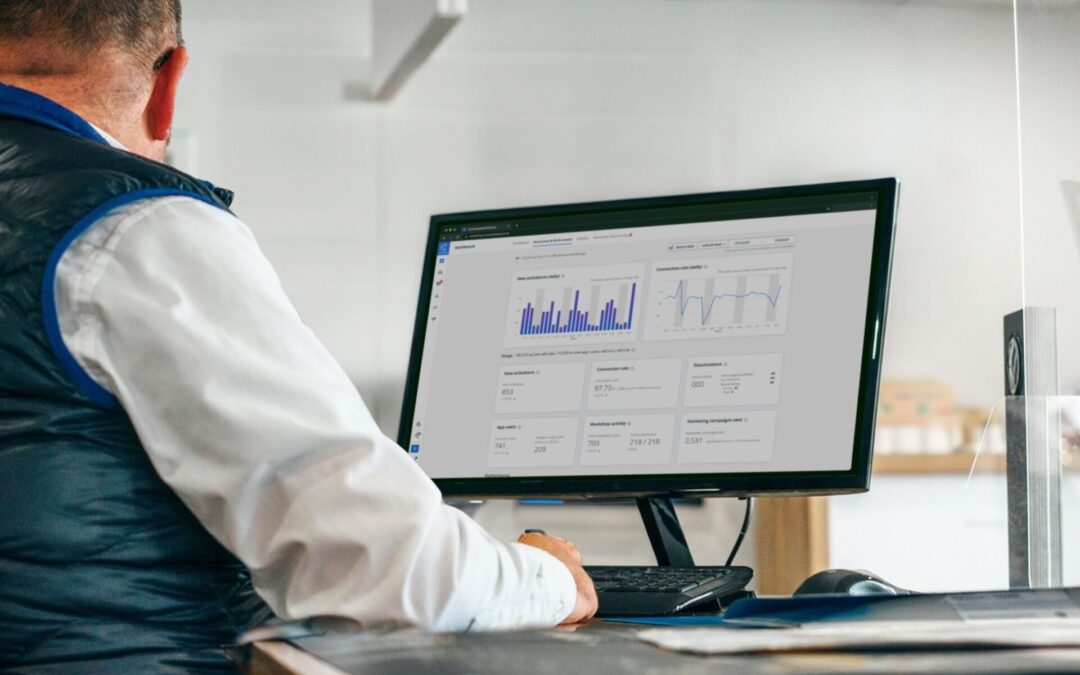By 2032, the connected car market will be worth USD 286.89 billion, growing at a spectacular CAGR of 15.76%. This unprecedented rise in connected cars underscores the escalating significance of safety features within these vehicles, shaping the future of car ownership and safety. By analyzing driver behavior and employing predictive maintenance algorithms, connected cars provide proactive measures to mitigate risks and ensure safer journeys on the road. This integration of technology not only revolutionizes the driving experience but also sets a new standard for safety in the automotive industry. In this article, we will explore the different driving events that IoT technology can monitor and significantly impact connected car safety.
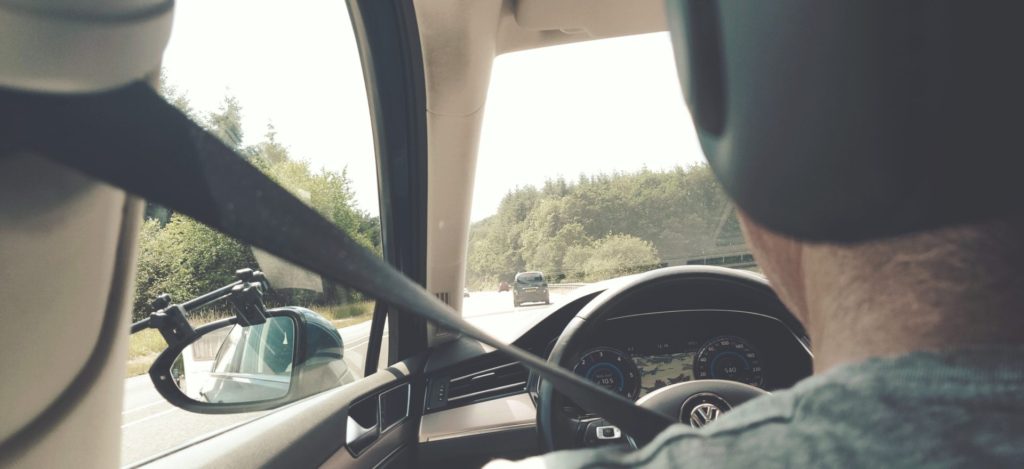
Hard accelerating
The technology enables the monitoring and profiling of driver behavior, including hard acceleration. Excessive and abrupt acceleration can lead to a higher risk of accidents, especially in challenging driving conditions or congested areas. By analyzing acceleration patterns, connected cars can alert drivers and provide real-time feedback to encourage smoother acceleration, reducing the likelihood of collisions and promoting safer driving habits
Hard turning
Hard turning, often accompanied by high speeds, poses a significant risk to driver safety. Connected car technology detects and profiles hard turns, evaluating the vehicle’s lateral dynamics and G-force exerted during cornering. By providing information about this aspect of driving, connected cars encourage gradual and controlled turning, minimizing the potential for skidding or loss of vehicle control. This proactive approach enhances safety and reduces the risk of rollovers or collisions.
Hard braking
Sudden and harsh braking can increase the risk of rear-end collisions and the loss of vehicle stability. Connected car technology allows for the detection of hard braking incidents, as well as the assessment of deceleration rate and vehicle dynamics. By notifying drivers and emphasizing the importance of maintaining a safe following distance, connected cars promote defensive driving techniques and encourage smoother braking maneuvers, reducing the likelihood of accidents and improving overall driver safety.
Excessive driving with no breaks
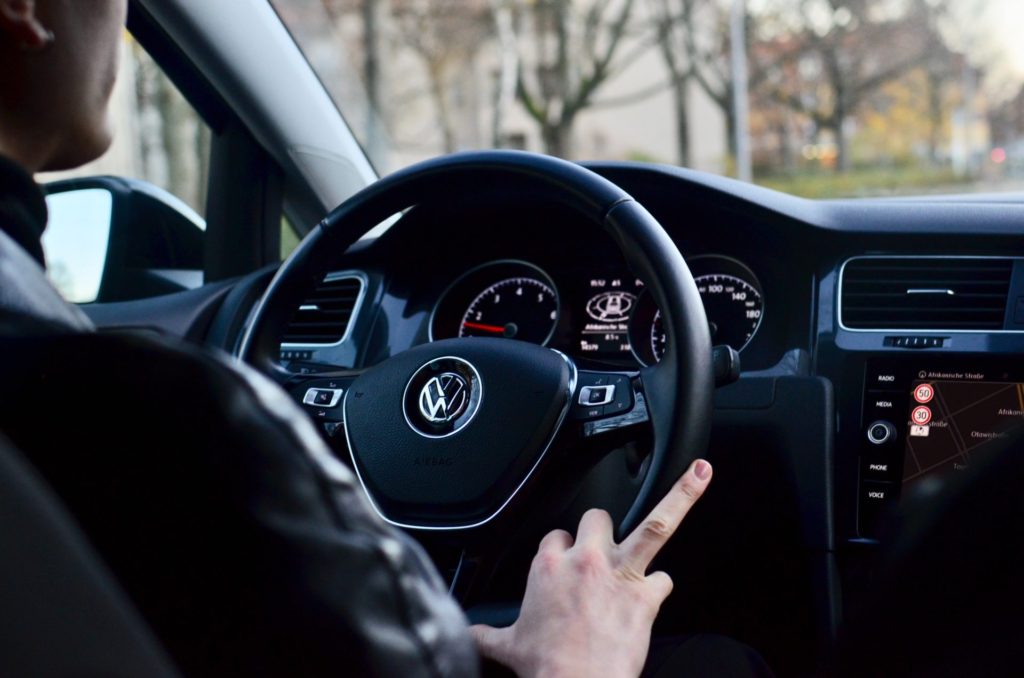
The technology also addresses the issue of excessive driving without breaks, which can lead to fatigue and impaired driving performance. Through continuous monitoring of driving patterns, connected cars analyze the duration and frequency of uninterrupted driving sessions. It’s a possibility to alert drivers to take regular breaks and provide reminders for rest. With this, connected car technology can help mitigate the risks associated with driver fatigue, enhancing alertness and reducing the probability of accidents caused by drowsiness.
Predictive maintenance: Connected car safety through proactive intervention
Connected cars offer predictive maintenance capabilities for workshops and car owners, leveraging real-time data from onboard sensors and systems to assess the overall health and performance of the vehicle. By monitoring factors such as dashboard lamps, oil levels, or battery health in real time, workshops have the ability to predict potential maintenance issues before they escalate. Timely alerts and notifications enable drivers to address maintenance requirements promptly, preventing unexpected breakdowns or malfunctions that could compromise driver safety on the road.
Connected Cars app driving behavior features
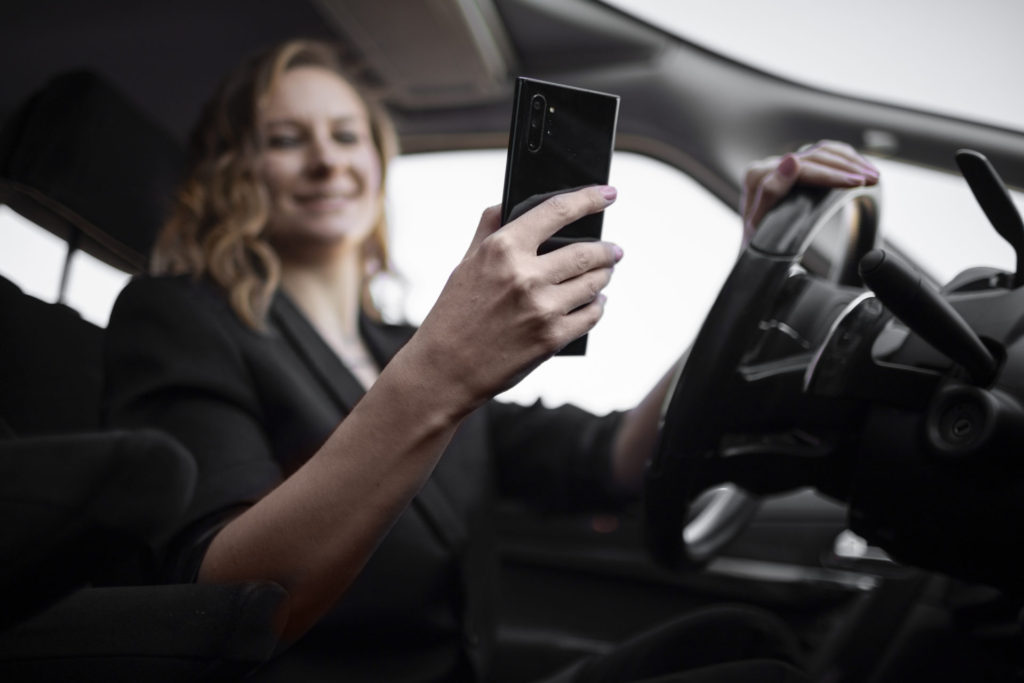
Among other advanced features, the Connected Cars app provides users with detailed insights into their driving behavior, allowing them to track and monitor their performance on the road. The app generates a driving score based on various driving events, including hard acceleration, hard braking, hard turning, or excessive driving with no brakes. This driver score serves as an indicator of how the car owner drives overall. In addition, the app provides detailed statistics on driving behavior, so car owners can compare their performance to previous records and benchmark against other drivers. This valuable feedback enables car owners to make informed adjustments and strive for safer and more efficient driving habits.
Redefining driver safety in the digital age
Connected car technology‘s driver profiling capabilities and predictive maintenance features significantly contribute to improving driver safety. By monitoring and analyzing driver behavior, connected cars promote safer driving habits and reduce the risk of accidents caused by aggressive maneuvers. Moreover, the proactive nature of predictive maintenance empowers drivers to address potential issues promptly, preventing unexpected malfunctions and ensuring a safer and more reliable driving experience. As connected car technology continues to advance, the potential for further enhancements in driver safety is promising, making our roads safer for everyone.

